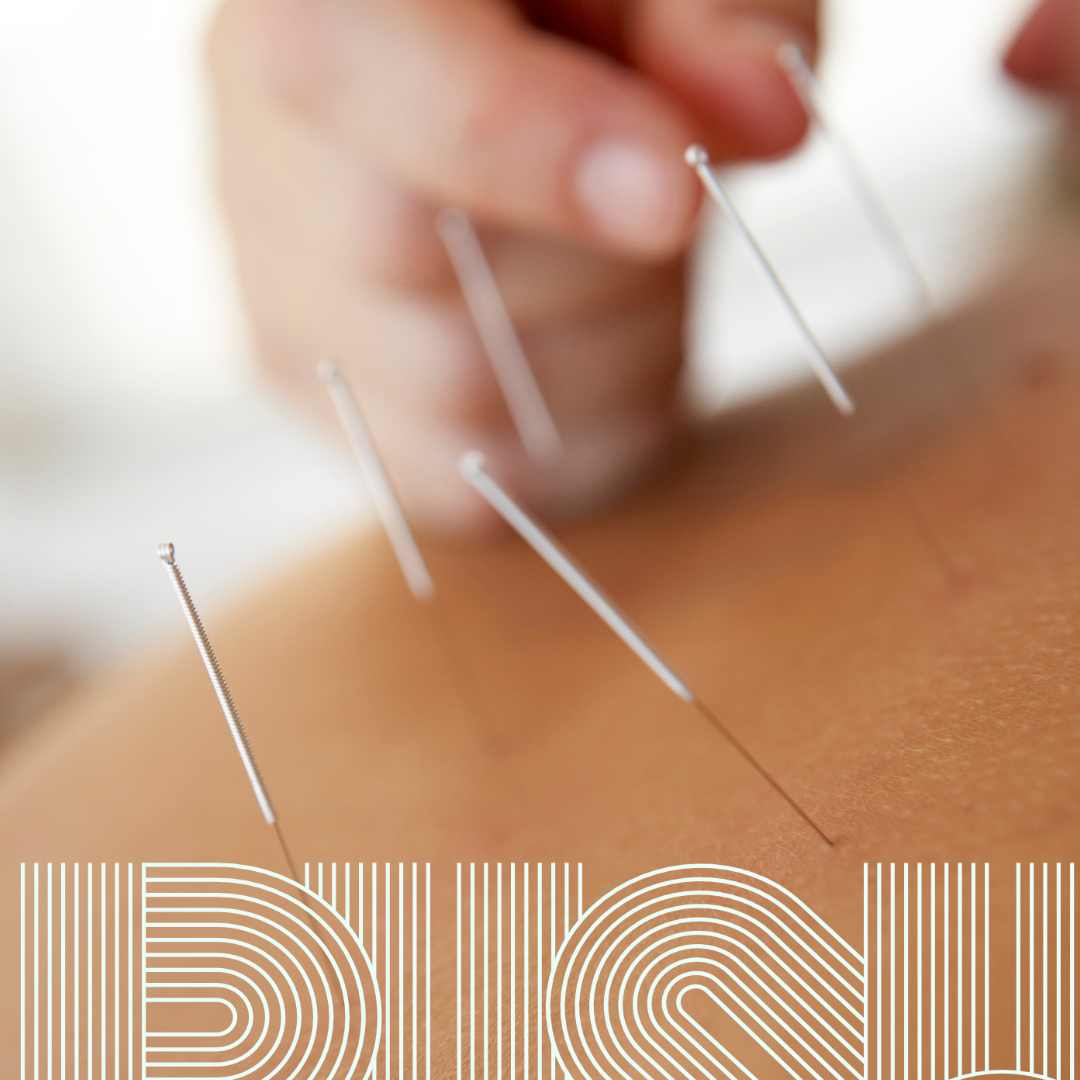Menopause and perimenopause mark significant transitions in a woman’s life, often accompanied by a variety of physical and emotional symptoms. From hot flashes and night sweats to mood swings and sleep disturbances, these hormonal shifts can disrupt daily life and well-being. While hormone replacement therapy (HRT) is a common treatment option, many women are turning to holistic alternatives like acupuncture to find relief. In this post, we’ll explore how acupuncture can support women through perimenopause and menopause, including specific acupuncture points (acu-points) that may help restore balance and improve quality of life naturally.
Understanding Menopause and Perimenopause
Before diving into the benefits of acupuncture, it’s important to understand what menopause and perimenopause are.
Perimenopause is the transitional phase leading up to menopause, typically beginning in a woman’s 40s but sometimes as early as the mid-30s. It can last anywhere from a few months to over a decade. During this time, estrogen and progesterone levels fluctuate, causing irregular periods and a host of symptoms such as:
- Hot flashes
- Night sweats
- Anxiety and depression
- Irritability
- Weight gain
- Fatigue
- Vaginal dryness
- Insomnia
Menopause is officially diagnosed when a woman has gone 12 consecutive months without a menstrual period. At this stage, the ovaries produce significantly less estrogen and progesterone, which can exacerbate the symptoms experienced during perimenopause.
Search terms: symptoms of menopause, what is perimenopause, how long does menopause last, natural treatments for menopause
What Is Acupuncture?
Acupuncture is an ancient practice rooted in Traditional Chinese Medicine (TCM), involving the insertion of fine needles into specific points on the body to stimulate energy flow, or “Qi” (pronounced “chee”). This holistic therapy aims to balance the body’s energy systems and promote natural healing.
From a modern biomedical perspective, acupuncture is believed to influence the nervous system, increase blood flow, and stimulate the release of neurotransmitters and endorphins. These effects can help manage pain, improve mood, and regulate various bodily functions.
Search terms: how does acupuncture work, benefits of acupuncture, acupuncture and hormones
How Acupuncture Helps with Menopause and Perimenopause Symptoms
Acupuncture addresses the root causes of hormonal imbalances rather than just masking symptoms. Here’s how it can help with some of the most common menopause and perimenopause symptoms, along with the key acupuncture points used:
1. Hot Flashes and Night Sweats
Hot flashes occur due to changes in the hypothalamus, the part of the brain that regulates body temperature. Acupuncture can help modulate this thermoregulatory system.
Beneficial Acupoints:
- LI11 (Quchi): Helps clear heat and cool the body.
- KD7 (Fuliu): Supports kidney function and helps with fluid balance, addressing night sweats.
- SP6 (Sanyinjiao): Balances hormonal levels and strengthens the spleen, liver, and kidneys.
Search terms: acupuncture for hot flashes, natural remedies for night sweats, relief from menopause symptoms
2. Mood Swings and Anxiety
Hormonal fluctuations can lead to emotional instability. Acupuncture helps calm the nervous system and uplift mood.
Beneficial Acupoints:
- HT7 (Shenmen): Nourishes the heart and calms the spirit, helpful for anxiety and insomnia.
- PC6 (Neiguan): Regulates the heart and calms the mind, often used for emotional disturbances.
- GV20 (Baihui): Elevates mood and stabilizes emotions.
Search terms: menopause mood swings, natural treatments for menopause anxiety, emotional symptoms of menopause
3. Insomnia and Sleep Disturbances
Acupuncture can promote better sleep by regulating the sleep-wake cycle and calming the mind.
Beneficial Acupoints:
- Anmian (Extra point): Specifically used for treating insomnia.
- HT7 (Shenmen): Also aids in promoting restful sleep.
- SP6 (Sanyinjiao): Helps with hormonal balance and relaxation.
Search terms: menopause and insomnia, how to sleep better during menopause, acupuncture for sleep problems
4. Weight Gain and Metabolism
Acupuncture helps regulate the digestive system and boost metabolism.
Beneficial Acupoints:
- ST36 (Zusanli): Improves digestion and energy levels.
- CV12 (Zhongwan): Supports the stomach and helps with bloating or sluggish digestion.
- SP6 (Sanyinjiao): Assists with metabolic and hormonal regulation.
Search terms: menopause weight gain, how to lose weight during menopause, acupuncture for metabolism
5. Vaginal Dryness and Libido
Declining estrogen can lead to vaginal discomfort and decreased libido. Acupuncture can enhance pelvic circulation and hormonal support.
Beneficial Acupoints:
- CV4 (Guanyuan): Tonifies the reproductive organs and strengthens kidney energy.
- SP6 (Sanyinjiao): Balances the reproductive hormones.
- LV3 (Taichong): Promotes smooth flow of Qi and blood in the pelvic region.
Search terms: vaginal dryness menopause, low libido during menopause, natural remedies for menopause symptoms
What to Expect During an Acupuncture Session
An acupuncture session typically begins with a detailed consultation to understand your symptoms, health history, and overall well-being. The acupuncturist will then create a personalized treatment plan, selecting points that correspond to your specific needs.
Sessions usually last between 45 to 60 minutes. Most people experience minimal discomfort when the needles are inserted, and many find the process deeply relaxing. For best results, a series of sessions over several weeks is often recommended.
Search terms: what to expect during acupuncture, how many acupuncture sessions do I need, is acupuncture painful
Is Acupuncture Safe?
Acupuncture is generally considered very safe when performed by a licensed practitioner. Side effects are rare but can include minor bruising, slight bleeding, or temporary soreness at the needle site. Always ensure you are treated by a certified and experienced acupuncturist to minimize any risks.
Search terms: is acupuncture safe, acupuncture side effects, certified acupuncturist near me
Combining Acupuncture with Lifestyle Changes
For optimal results, acupuncture should be part of a comprehensive wellness plan. Consider incorporating the following strategies to support your journey through perimenopause and menopause:
- Balanced Diet: Focus on whole foods, phytoestrogens (like flaxseeds and soy), and anti-inflammatory nutrients.
- Regular Exercise: Boosts mood, supports metabolism, and improves sleep.
- Stress Reduction: Mindfulness, yoga, or tai chi can complement acupuncture.
- Sleep Hygiene: Keep a consistent bedtime, limit screen time, and create a calming nighttime routine.
Search terms: natural menopause relief, diet for menopause, exercise and menopause, stress and hormonal balance
Final Thoughts: Embracing Natural Menopause Relief
Acupuncture offers a time-tested, holistic approach to managing menopause and perimenopause symptoms without the side effects of pharmaceuticals. Whether you’re struggling with hot flashes, mood swings, or insomnia, this gentle therapy can help restore balance and enhance your quality of life.
By combining acupuncture with healthy lifestyle choices, many women find they can navigate the transition of menopause with greater ease and vitality.
Search terms: natural menopause treatment, acupuncture for menopause relief, holistic menopause support, alternative treatments for menopause
Ready to try acupuncture for menopause? Consult a licensed acupuncturist and start your journey toward natural hormonal balance today.
Disclaimer: This blog post is for informational purposes only and does not constitute medical advice. Always consult your healthcare provider before starting any new treatment regimen.




